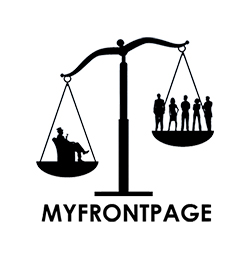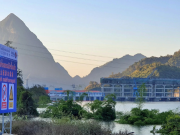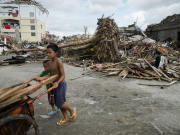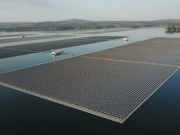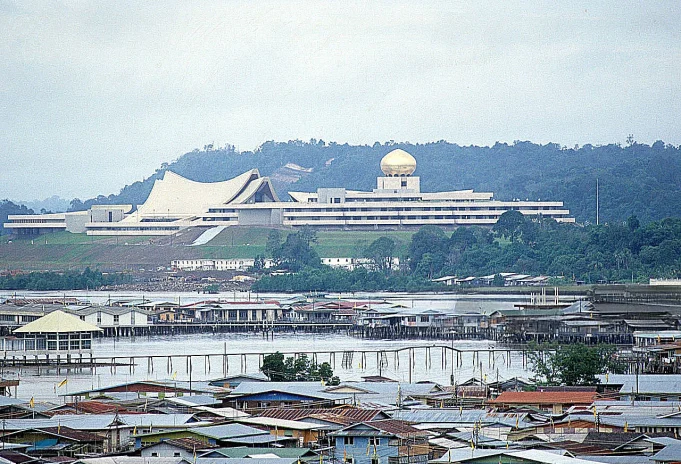Brunei , June 26, 2024
Recent financial disclosures suggest that Brunei’s sovereign wealth fund has suffered unexpected losses, raising questions about transparency and the long-term sustainability of the kingdom’s oil-dependent fiscal policy. The Brunei Investment Agency (BIA), which manages the wealth fund, reported subdued returns amid global market volatility and ongoing energy sector challenges.
Brunei’s economy remains heavily reliant on oil and gas revenues, which have faced headwinds due to global decarbonization trends and fluctuating prices. The sovereign wealth fund was created to diversify assets and provide fiscal buffers, but recent losses underscore the challenges of maintaining steady growth.
Financial analysts warn that opaque reporting practices and limited public disclosure make it difficult for citizens and stakeholders to assess the true health of the fund. “Transparency is critical for public trust, especially when the economy depends so heavily on finite fossil fuel resources,” said Noraini Abdul Rahman, a Southeast Asia fiscal policy expert.
The government has made some commitments toward sustainable investment strategies, but concrete action plans remain unclear. Public sector stability could be at risk if the wealth fund’s performance does not improve, particularly as oil revenues decline.
The situation has also sparked debate about how Brunei can accelerate economic diversification. Some experts suggest expanding investments in green technologies and regional partnerships to reduce vulnerability.
Brunei’s cautious approach to fiscal reform reflects the need to balance immediate economic stability with future-proofing the kingdom’s wealth. However, growing scrutiny from international investors and domestic observers may push for enhanced governance reforms.
As climate pressures intensify globally, Brunei’s sovereign wealth fund performance will remain a key indicator of how well the country manages the transition away from fossil fuel dependence.

